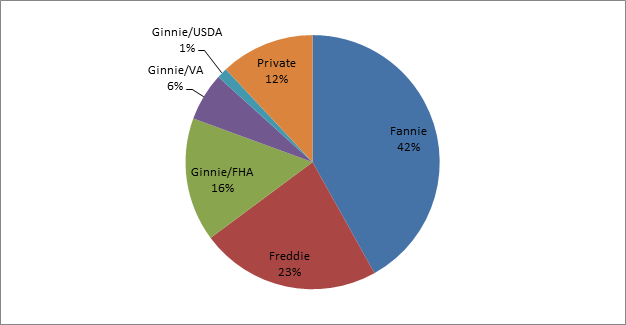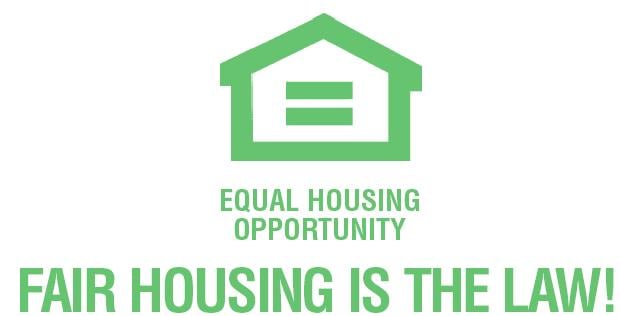When it comes to investing in real estate, everyone knows that the internet has made it easier than ever to locate foreclosures, pre-foreclosures, short sales, and bank owned REO properties. Chances are your local Multiple Listing Service has hundreds of potential short sales and foreclosures listed at prices that are well below their original selling price prior to the housing market melt-down.

Image courtesy FreeDigitalPhotos.net
But for professional investors, who don't want to bid against the public for those properties listed on the HUD website or the local MLS, the real secret to success is in finding those deals that are not listed or advertised, and there is usually not even a 'for sale' sign in the front yard. In fact, as professional real estate investor Tony Youngs will tell you, sometimes the owner may not even know that their property is for sale, when they are contacted initially.
These properties are commonly known as 'shadow inventory'. This term has been used since the housing crash, in reference to bank owned foreclosures that were not listed for sale. But for the true professional investors, shadow inventory can include any property that may be available for purchase for a variety of reasons.
Often finding the best deals with the most creative terms will mean seeking out those property owners who may need to sell for some reason, but may not even realize that they want to sell until they hear from a pro who can explain to them what is happening with their property, and educate the owner about options for solving their problem.
For example, Tony Youngs is a full time real estate investor who's been buying and selling real estate for more than 30 years. He travels to real estate markets all over the U.S. training 'newbie' real estate investors in his unusual techniques for finding and buying shadow inventory.
During that time he's seen literally thousands of deals that would not have taken place had he not been willing to seek out problem properties, then contact the owners to discuss their options.
Often the properties are vacant, but are not advertised for sale. There is no sign in the front yard and no indication that the home is for sale at all. But Tony is an expert at finding property owners, and contacting them about these properties. More often than not, the seller does want to sell, but has no real idea what to do with the property. According to Tony, sellers often do not even realize that they can sell the home in it's present condition. Many sellers do not attempt to market a property because they mistakenly believe that they need to complete expensive repairs before they can sell, but they do not have the money. So they do nothing instead.
Once Tony has contacted them, he usually has to educate the seller about the fact that that they can sell their property without having to spend money on repairs. Tony tells a great story about driving around a neighborhood one day, when he ran across a guy loading a U-Haul truck at a house. Tony stopped and asked him if the house was for sale. The guy responded that he was just a tenant and was moving out. He did not know if the owner wanted to sell or not. But he did have the phone number for the owner, and gave it to Tony.
Tony called the owner and asked her if she wanted to sell the house. Turns out the owner had gotten the house in a divorce, and had never even been to see it. She had no idea that the tenant was moving out. When Tony informed her that the house would need extensive repairs to get it into rent-ready condition, the owner freaked out because she did not have money for the necessary repairs, and did not live in the immediate area. Tony informed her that he'd be happy to purchase the house in it's existing condition, and they began to negotiate.
When it was all over, the seller was happy to unload a house that she could not manage, and did not have money to fix. Tony partnered on the deal with a coaching client who used this property as his first real estate investment. Through a creative agreement with the seller, Tony and his coaching client bought the property, renovated it, and resold it to a owner occupant. The seller was happy to receive ten thousand dollars at closing, and after spending about thirty thousand on a rehab that took about 3 months, the coaching client realized a profit of about thirty thousand dollars on his very first 'fix and flip' property. And all this happened AFTER the housing market crash.
When it comes to the best real estate investments, doing the little things like stopping to talk to the guy loading a U-Haul truck can yield a big payday for smart real estate investors. And the seller did not even know the house was for sale until she was contacted by the investor. Now THAT's what I call 'shadow inventory'. The secret of the pro's is that the best deals are the ones that no one knows about.
'''''''''''''''''''''''''''''
Donna Robinson is a 16 year veteran of the real estate industry. She has been a coach and consultant to real estate investors for 10 years. Her website is www.RealtyBizConsulting.com

























